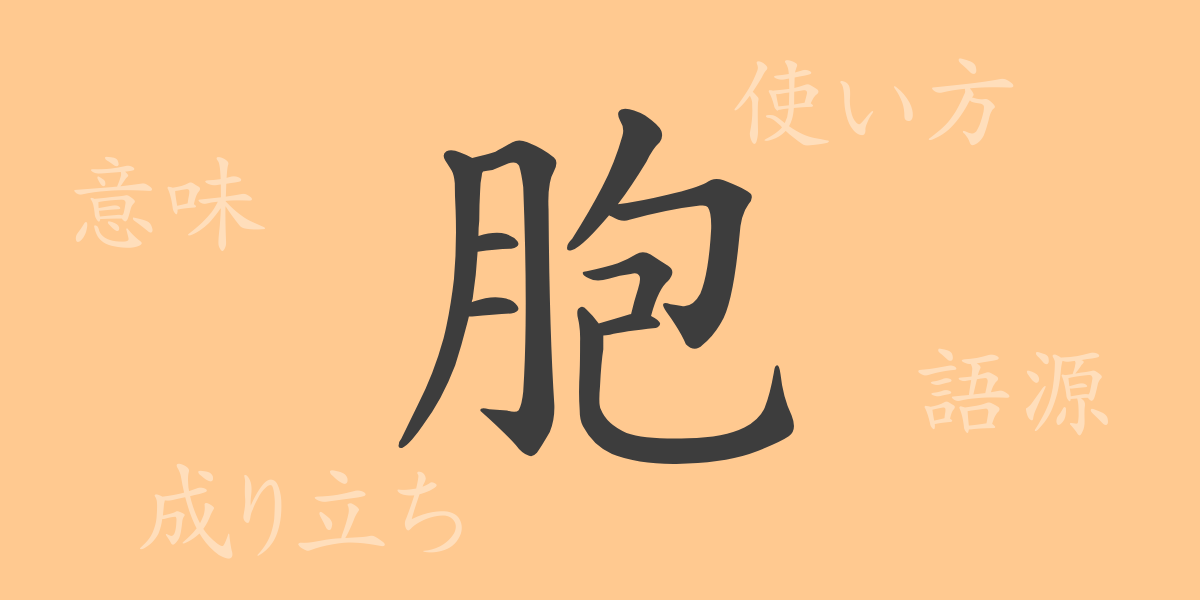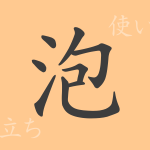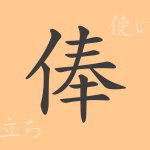Kanji (かんじ) in the Japanese language is renowned for its richness in form and meaning. The 常用漢字 (じょうようかんじ) “胞” (ほう) is no exception. The unique meaning and usage of this character reflect the depth of Japanese linguistic culture. In this article, we will explore the origin of “胞” (ほう), its meaning, usage, readings, and related idiomatic expressions and proverbs. Let’s unravel the history and knowledge embedded in each character of the Japanese language together.
Origin of 胞 (ほう)
The kanji “胞” (ほう) is a character that originated in ancient China, depicting a fetus enveloped in the mother’s womb. It originally derives from the character “包” (ほう), which means to wrap or cover something. Over time, this kanji has also come to be used to refer to biological cells and words that signify close relationships.
Meaning and Usage of 胞 (ほう)
The kanji “胞” (ほう) primarily means “to wrap” or “to enclose.” In biology, it is often used to mean “cell,” and it is also used to indicate close relationships between people. This kanji can be seen in various contexts in daily life, particularly in the fields of science and medicine.
Readings, Stroke Count, and Radical of 胞 (ほう)
The kanji “胞” (ほう) has multiple readings in Japanese.
- Readings: In 音読み (おんよみ), it is read as “ホウ” (ほう); there is no 訓読み (くんよみ).
- Stroke count: It has a total of 11 strokes.
- Radical: 肉部 (にくぶ)
Idiomatic Expressions and Proverbs Using 胞 (ほう)
Here are some idiomatic expressions and proverbs that include “胞” (ほう).
- 細胞 (さいぼう) – Refers to the basic structural and functional unit of living organisms.
- 同胞 (どうほう) – Refers to brothers and sisters, or people belonging to the same group or organization.
- 胞衣 (ほうい) – Refers to the membrane that envelops a fetus. Figuratively, it can mean something that conceals a person’s talent or essence.
These idiomatic expressions and proverbs demonstrate the diverse usage of “胞” (ほう) in the Japanese language.
Summary of 胞 (ほう)
The kanji “胞” (ほう) is a character with rich meanings stemming from its form and origin. It is used to refer to biological cells, as well as to signify the bond between people. In Japanese, “胞” (ほう) plays an important role not only in scientific contexts but also in everyday conversation. Understanding the profound meanings embedded in this single character can deepen your understanding of the Japanese language.

























